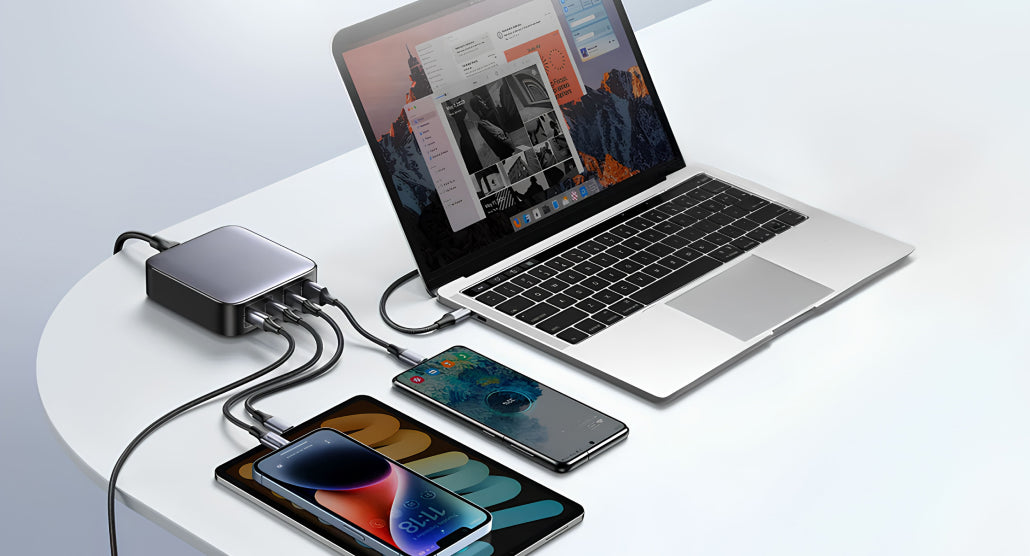In the 21st century, the term "digital" has become synonymous with the rapid and transformative changes taking place across various aspects of our lives. From communication and entertainment to education and business, the digital era has ushered in a new age of innovation and connectivity. This article explores the profound impact of the digital revolution on society, highlighting its remarkable evolution and potential for the future.
Transforming Industries: The Digital Disruption Effect
The Digital Revolution began in the latter half of the 20th century when analog and mechanical technologies started giving way to digital ones. From the invention of the microprocessor to the rise of personal computers, the world started to witness the inception of a new era.One of the most profound impacts of this revolution is the digitization of information. We transitioned from paper-filled offices and libraries to bytes of data on servers. The result? Information became more accessible, easier to disseminate, and infinitely more manageable. From e-books to online courses, knowledge barriers have been significantly lowered.
The Digital Revolution: Transforming Our World
The Digital Revolution, often referred to as the Third Industrial Revolution, has irrevocably reshaped societies across the globe. From the way we communicate, work, and even entertain ourselves, the pervasive influence of digital technology is undeniable. As we forge ahead into an increasingly digital future, it becomes imperative to understand the depths and breadths of this transformation.
In an era where physical distances seem to be shrinking, digital connectivity has played a pivotal role. The advent of the internet and subsequently, social media, has made it possible to communicate in real-time across continents. People from disparate cultures and backgrounds can now share ideas, collaborate on projects, or simply be part of a global conversation. This unprecedented level of connectivity is not only forging stronger interpersonal bonds but also facilitating international business, diplomacy, and even global education initiatives.

Augmented Reality (AR) Wearables: A New Visual Frontier
The wearable tech industry has exploded in recent years, ushering in a new era of personal gadgets that blend seamlessly with our daily lives. From fitness trackers to augmented reality glasses, wearable tech has expanded beyond just watches. But with the myriad of options flooding the market, which innovations truly stand out, and which ones deliver genuine utility? Let's dive into some of the latest trends and discern the trailblazers from the trivial.
Augmented reality glasses, though initially met with skepticism, have found renewed interest, especially in professional sectors. Companies are exploring AR wearables for training, remote assistance, and design visualization. For the everyday consumer, AR glasses can overlay digital information onto the real world, enhancing shopping experiences, aiding navigation, or even transforming entertainment.
The digital age is not a destination; it's a journey. It's about constantly evolving and pushing the boundaries of what's possible.
Brian Chesky
Co-founder
In conclusion, the digital age is an epoch-defining chapter in human history. Its potential to drive progress is immense, but it comes with responsibilities. As we navigate this digital landscape, we must prioritize digital inclusion, cybersecurity, ethics, and the workforce's adaptability. By doing so, we can harness the full power of digitalization to shape a brighter, more connected, and inclusive future for all.




















